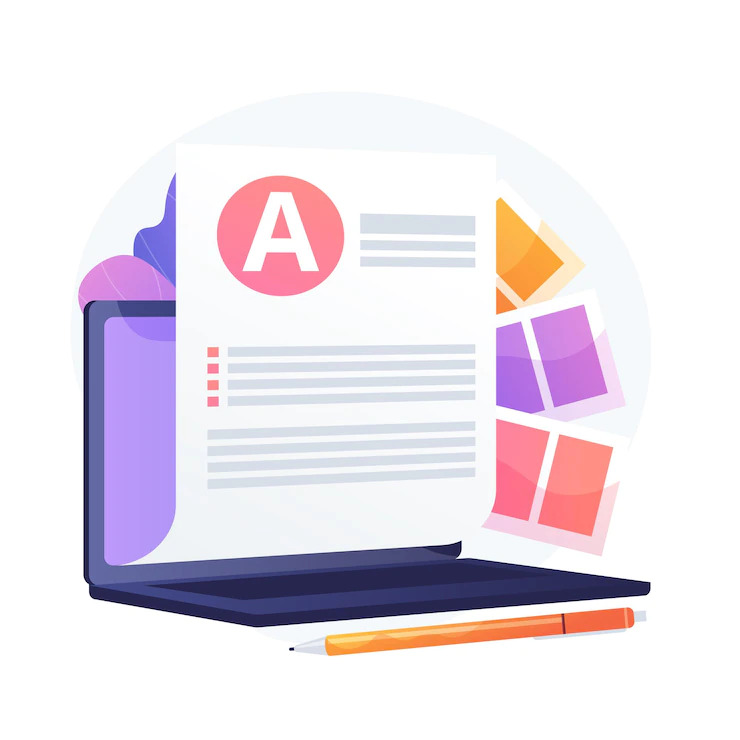
Artikel
16
januari
Empowering the Workforce: The Rise of Employee-Led Training in 2024
The landscape of Learning and Development (L&D) and Human Resources (HR) in 2024 will undergo a significant transformation with the emergence of employee-led training. This trend marks a departure from traditional top-down training methods, emphasizing instead the autonomy and individual needs of each employee in their learning journey.
Traditional training often adopts a one-size-fits-all approach, which can be limiting and ineffective. In contrast, employee-led training empowers individuals to tailor their learning experiences to their specific needs and interests. This autonomy not only fosters a greater sense of ownership and responsibility for personal growth but also significantly enhances motivation and engagement. When employees have a say in what, how, and when they learn, they are more invested and better equipped to adapt to the evolving demands of their roles.
Peer-to-Peer Learning
A key aspect of employee-led training is the emphasis on peer-to-peer learning. Employees share their expertise and experiences, creating a pool of practical, real-world knowledge. This collaborative approach not only strengthens individual skills but builds a more cohesive and informed team. By tapping into the collective wisdom of the workforce, organizations can create a more resilient and adaptable learning environment. Layering video training on top of this approach greatly improves knowledge retention when compared to traditional, text-based standard operating procedure (SOP) documents.
AI Tools
The integration of artificial intelligence (AI) in employee-led training is becoming increasingly significant. AI tools can assist in capturing and sharing expert knowledge within an organization, transforming it into accessible and interactive training experiences. This technological advancement makes learning more inclusive and far-reaching, catering to diverse employee needs.
In an era where manufacturers are facing a significant shortage of more than 2 million workers, organizations focused on employee-led training programs will win the war for talent. While only 29 percent of current manufacturing workers possess the necessary skills to adapt to changing technology, 4 out of 5 manufacturing employees said they were interested in learning new workplace skills in 2022. Businesses prioritizing effective, engaging training programs will be the ones workers will turn to in an increasingly employee-driven market.
Consider a manufacturing plant that has implemented an AI-assisted training process. Traditionally, new employees underwent a lengthy, generalized training program. With the new system, experienced workers could record their methods and tips, creating a personalized training library. New hires then could access this library, learning directly from their peers’ experiences. This approach not only speeds up the training process but enhances the quality of learning, making it directly relevant to specific roles.
Organizational Culture
Implementing employee-led training profoundly impacts organizational culture. It fosters an environment of continuous learning and mutual support, where employees are encouraged to grow and contribute to the growth of others. This culture benefits individual development and enhances the overall adaptability and competitiveness of the organization. Collaborative learning improves focus, resulting in 64 percent longer attention to the task than when working alone.
Challenges
While employee-led training offers significant benefits, there are challenges to consider. Ensuring the quality and consistency of peer-generated content is essential. Organizations also must find a balance between guided learning pathways and employee autonomy to ensure essential skills and knowledge are adequately covered.
As we move forward into 2024, the trend of employee-led training is set to redefine the landscape of L&D and HR. By empowering employees to take control of their learning and leveraging technologies such as AI, organizations can create more effective, engaging, and personalized training experiences. This shift not only enhances individual employee development but also fortifies the organization as a whole against the challenges of an ever-evolving business world.
What's your reaction ?
Follow us on Social Media
Some Categories
Recent posts

July 27, 2024
Nieuwe kabinetsvisie: samen sterker tegen cyberdreigingen

July 24, 2024
Navigating AI Implementation: Try these strategies to overcome resistance.

July 24, 2024
Sick Leave Policy Netherlands Guidance for HR and Entrepreneur.

July 24, 2024
CSRD Reporting: Mandatory Reporting on Corporate Sustainability.

July 24, 2024
Training Budget: Investing in Employee Development.

 Inloggen
Inloggen
 Registreren
Registreren






Comments (0)
No reviews found
Add Comment